Split County Court judge and member of the National Judicial Council (DSV) Neven Cambj will receive HRK 50,000 from JUTARNJI LIST for "mental anguish" caused by an interview released in November last year.
Cambj is to receive the money due to the final ruling of the Split Municipal Court. In the interview in question, MOST's Sabor deputy Nikola Grmoja discussed many issues, including the state of the judiciary and the role of the DSV, the body which appoints judges and decides on disciplinary responsibility.
Grmoja did not praise the DSV's work in the interview. He stated: "the DSV is a source of corruption. Corrupt people should not appoint judges."
While Grmoja did not name any DSV members, including Cambj, the judge raised a private lawsuit against JUTARNJI LIST, asserting that statements in the interview were aimed against him and made with the express purpose of "painting him, as a member of the DSV, as a person with negative character traits, who brings about lawlessness and is part of the so-called 'corrupt group of judges,' but the truth is that he is fulfilling his obligations in a legal manner, professionally and correctly," he noted in the lawsuit.
Cambj said in court that he received hundreds of telephone calls from colleagues, friends and acquaintances after the interview with Grmoja. He asserted that the text in question hurt him and added that "he used medication to calm down several days." He demanded that JUTARNJI LIST pays him HRK 50,000 for mental anguish, with the Split Municipal Court judge approving the demand and Zagreb County Court confirming it.
Authorized
Besides, JUTARNJI LIST must pay court expenses to Cambj and his attorney of HRK 9,150. While Grmoja confirmed in Court that he authorized the interview and added that he stands by his claims, the Court concluded that Grmoja's claims are severe and insulting, which must be punished.
The real question is why Cambj did not sue for mental anguish the person who made the claim that the DSV is corrupt, MP Nikola Grmoja, but sued the "messenger," the medium that reported on his claims. The MP is protected from prosecution by parliamentary immunity, but this is not a criminal case, meaning that there were no obstacles for the hurt judge to sue the author of the claim, rather than the messenger. Judges in Croatia frequently opt for lawsuits against media and journalists if they dare speak about their work in a critical manner.
Judge Neven Cambj has been frequently suing the media since 2008, when journalists started questioning his role in the first scandal of former Prime Minister Ivo Sanader's Government, the Brodosplit scandal, where he was an investigative judge. The Split Municipal Court refused to answer how many times Cambj sued the media and journalists at the Court since 2008 and what the rulings were. Rather than answering our question about Cambj's lawsuits against the media, Court spokesperson and judge Ivana Erceg Ćurić sent us the number of lawsuits against the media in the period since 2008. The figure stands at 364, which shows the extent of prosecution of the media for causing "mental anguish."
Journalists and media are especially afraid of lawsuits raised by judges because they know it makes their chances are very slim. The record shows that, in cases where judges sued the media or journalists for causing mental anguish, courts are inclined to rule in the favor of judges. Likelihood increases when the mental anguish lawsuit is raised by a member of the DSV. Compensation courts award to judges are on average higher compared to those awarded to "mere mortals."
The recent first-instance ruling of the European Court of Human Rights (ECHR) in Strasbourg showed that the practice of Croatian courts in lawsuits judges raise against the media is detrimental to freedom of speech. According to the ruling, Croatia was ordered to pay the NARODNI LIST weekly damages of EUR 5,000.
Pillar of shame
Owners of the local weekly from Zadar sued Croatia in Strasbourg over the final ruling of Croatian courts which ordered the paper to pay Zadar judge Boris Babić (currently president of the County Court) HRK 50,000 for causing mental anguish by releasing an article dubbed "Judge Babić should be nailed to the pillar of shame" some ten years ago.
The paper criticized judge Babić in the text because he decided to congratulate controversial entrepreneur from Zadar Reno Sinovčić on promotion of his new medium even though this is against the code of ethics due to possibility of conflict of interest. Sinovčić frequently appeared as a party at the Court where Babić worked as judge. While Croatian courts ruled that the text on Babić presents "a harsh attack on the judge," the ECHR thought differently. The Court in Strasbourg concluded that journalists and media have the right to express insulting opinions if there is enough evidence and if the issue at hand is of public interest.
The Split Municipal Court alone processed 364 lawsuits against the media in the last 10 years.
Legal expert Vesna Alaburić: Croatian courts are in contradiction with European practices
Work and behavior of Croatian judges as well as functioning of the judiciary are definitely topics of public interest - said attorney and expert for lawsuits against the media Vesna Alaburić for JUTARNJI LIST, stressing that "this is why judges must be more resilient to criticism compared to the average citizen."
She pointed out that the latest ruling of the Court in Strasbourg in the case of NARODNI LIST should have had an effect on practices of Croatian courts as it directly points to mistakes that Croatian courts, including the Constitutional Court, regularly make in lawsuits against the media.
Alaburić stressed that position of Croatian courts in lawsuits against the media are anachronistic and in contradiction with practices of democratic countries as well as those of the ECHR. She stressed that the ECHR ruling is a welcome reminder about some basic principles and legal standards for protection of freedom of expression in democracies that the ECHR has been systematically repeating in its rulings for decades.
"This is why future rulings of Croatian courts in cases against the media can be deemed violations of the right to freedom of expression as large sums paid as compensation only strengthen self-censorship. Alaburić pointed out that rulings of Croatian courts in cases against the media are preventing open and democratic discussion on issues of public interest by spreading fear of financial consequences, stressing that this includes the right to express robust criticism and opinions based on sufficient evidence about all issues of public interest."






Komentari
0